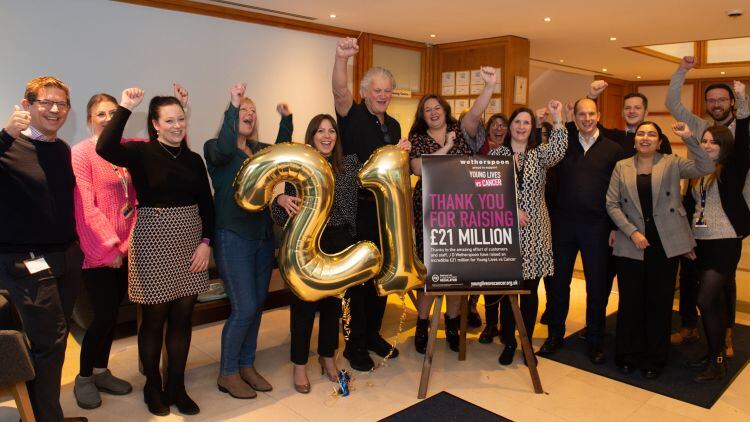This follows the announcement from rail unions yesterday (Tuesday 17 January) that more industrial action was to take place next month.
UKHospitality chief executive Kate Nicholls said: “Once again hospitality finds itself as collateral damage in this dispute, with further misery being heaped on businesses, workers and the public.
“The ongoing cost of the strikes since last July already sits at £2.5 billion and the sector cannot withstand much more unnecessary loss of trade.
Essential negotiations
“It’s essential all parties continue negotiations and reach an agreement that can end this dispute once and for all.”
Unions members from both The Associated Society of Locomotive Engineers and Firemen (ASLEF) and The National Union of Rail, Maritime and Transport Workers (RMT) will participate in the strikes on Wednesday 1 February and Friday 3 February as disputes regarding pay and working continues for rail workers continue.
Around 18 train operating companies are expected to be affected by the strikes including Avanti West Coast; Chiltern Railways; CrossCountry; East Midlands Railway; Gatwick Express; Great Western Railway; Greater Anglia; Great Northern, London North Eastern and North Western Railway; South Eastern; Southern; South Western Railway; Thameslink, TransPennine Express; West Midlands Railway.
RMT general secretary Mick Lynch said: "Our negotiations will continue with the rail operators to create a package on jobs, conditions and pay that can be offered to our members."
Tough trading conditions
This comes as the latest Coffer CGA Business Tracker revealed despite year-on-year growth December’s trade remained behind pre-Covid levels as industrial action made for “tough trading conditions” over the festive period.
CGA by NielsenIQ director hospitality operators and food EMEA Karl Chessell said: “After two bleak Decembers, solid Christmas trading helped many pub, bar and restaurant groups to end 2022 on a high.
“However, it is clear sales remain well behind pre-Covid levels in real terms, and fragile consumer confidence and rail strikes made for tough trading conditions.
“With the costs of energy, food and other key costs continuing to soar, operators’ sales and profit margins are under severe pressure as we move into 2023, and with venues weakened by nearly three years of disruption, targeted Government support is urgently needed to protect businesses and jobs.”





